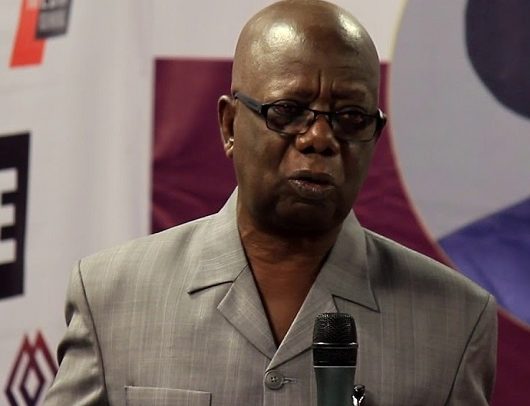Former President John Mahama has ignited a firestorm of controversy with his recent suggestion that a military takeover might be necessary in Ghana.
John Mahama, who served as President from 2012 to 2017, made the remarks at a rally attended by members and supporters of the National Democratic Congress (NDC).
John Mahama’s comments were seemingly motivated by his frustration with the current Akufo-Addo/Bawumia government, which he accused of embezzlement and other illicit activities.
He claimed that if similar corruption had occurred under his own NDC regime, the military would have intervened.
“This level of corruption and bad governance would have led to a coup d’état if it had happened under the NDC,” Mahama claimed.
John Mahama’s statements have raised eyebrows across the political spectrum, with many expressing concern about the potential consequences of such rhetoric.
Mahama’s comments are not an isolated incident.
The former President has a history of making controversial statements, particularly regarding the military.
In 2019, he faced backlash for suggesting that the military was being politicized.
The NDC has long accused the Akufo-Addo government of corruption and mismanagement. However, John Mahama’s coup remarks represent a significant escalation of the party’s rhetoric.
Reactions:
The ruling New Patriotic Party (NPP) has swiftly condemned Mahama’s comments, labeling them as “irresponsible” and “treasonous.”
“John Mahama’s remarks are a clear attempt to undermine the stability of our democracy,” said Jeff Konadu Addo, Eastern Regional Chairman of the NPP.
Civil society groups and religious leaders have also denounced Mahama’s statements, urging him to retract his comments and promote peaceful dialogue.
Implications:
John Mahama’s coup remarks have significant implications for Ghana’s democratic landscape.
The country has a history of military interventions, with the most recent coup occurring in 1981.
-BY Daniel Bampoe
The post Mahama’s Coup Remarks Spark Controversy appeared first on DailyGuide Network.
Read Full Story









Facebook
Twitter
Pinterest
Instagram
Google+
YouTube
LinkedIn
RSS